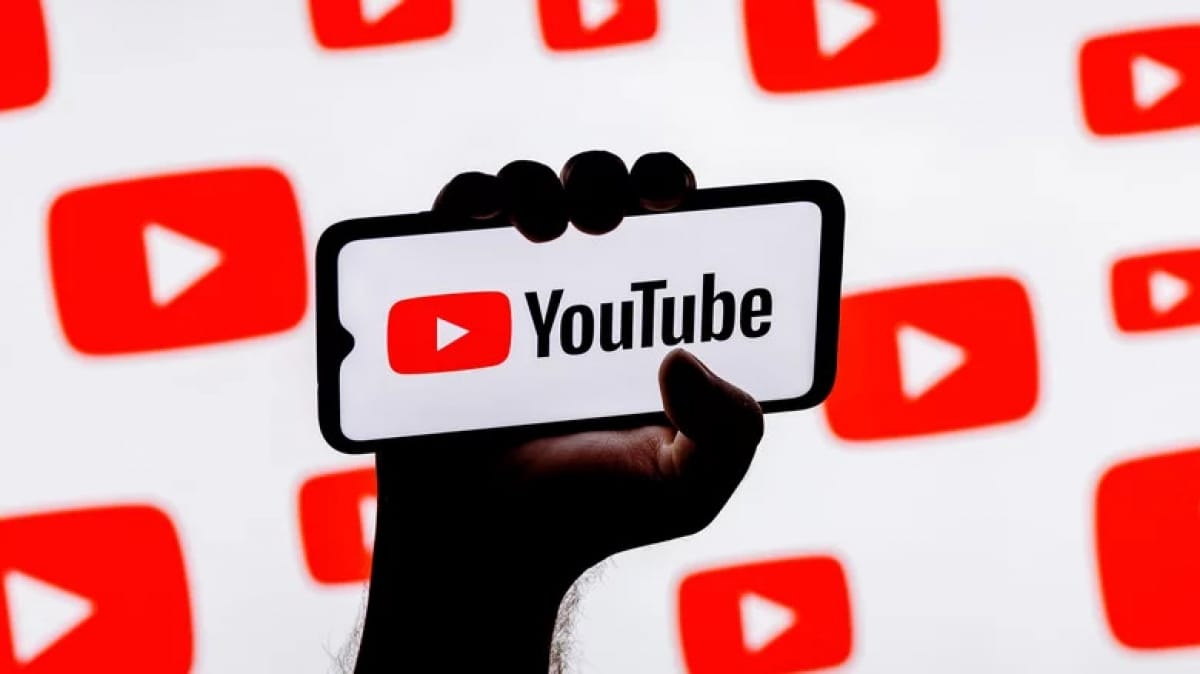YouTubers and Influencers Redefining Media

For decades, Americans have gotten their news and entertainment fix from a limited pool of sources: television networks, newspapers, and radio stations. These traditional media outlets held immense power, shaping public discourse and influencing cultural trends. But the landscape is undergoing a seismic shift. Enter YouTube and the rise of influencers — a new breed of media makers who are challenging the status quo and capturing the nation’s attention.
Why Traditional Media is Losing its Grip
There’s no denying the convenience and immediacy of traditional media. Yet, several factors are contributing to its decline:
- Lack of Engagement: Passive consumption is falling out of favor. Audiences crave interactive experiences, two-way conversations, and a sense of community — elements often missing from traditional media.
- Content Saturation: The sheer volume of content bombarding viewers leads to information overload and difficulty finding trustworthy sources.
- Limited Diversity: Traditional media can struggle to represent the rich tapestry of American society. Younger viewers, in particular, yearn for content that reflects their experiences and identities.
The Rise of YouTube and Influencers
YouTube, a free video-sharing platform, has become a content powerhouse. It boasts over 2 billion monthly users, with a significant chunk being in the coveted 18–34 demographic. This platform empowers anyone to become a creator, fostering a diversity of voices and perspectives unseen before.
Influencers — individuals who have built a loyal following online — leverage YouTube and other social media platforms to connect with audiences on a deeper level. They create content that entertains, educates, and inspires, often in a niche area where they’ve established expertise. This authenticity and relatability resonate with viewers who feel a personal connection with their favorite influencers.
How YouTubers and Influencers are Reshaping Media
The impact of YouTubers and influencers extends far beyond entertainment. Here are some key areas where they’re disrupting traditional media:
- News & Current Events: Forget waiting for the nightly news. YouTubers are delivering current events coverage in a digestible, often humorous format. They provide analysis, commentary, and on-the-ground perspectives that traditional media may miss.
- Investigative Journalism: Unburdened by corporate interests, some YouTubers are doing incredible investigative work. They delve into complex issues, hold powerful figures accountable, and give voice to marginalized communities.
- Education: Learning from a textbook pales in comparison to engaging, interactive lessons delivered by a passionate YouTuber. Educational content creators are making complex subjects accessible to a wider audience, fostering a love of learning that transcends the classroom.
The Future of Media: A Symbiotic Relationship?
The rise of YouTubers and influencers doesn’t necessarily spell the end of traditional media. Instead, we might see a more symbiotic relationship emerge. Here are some possibilities:
- Traditional media outlets partnering with YouTubers and influencers: Established news organizations can leverage the reach and relatability of influencers to reach new audiences and diversify their content.
- Influencers becoming mainstream media figures: As the influence of YouTubers and influencers grows, we might see them transitioning to traditional media platforms, bringing their unique perspectives to a wider audience.
- Focus on niche content: Traditional media may struggle to compete with the hyper-specific content creators on YouTube. They might adapt by focusing on in-depth reporting and analysis in specific areas.
The American media landscape is at a crossroads. YouTubers and influencers are undeniably disrupting the status quo, offering a more engaging and diverse media experience. While traditional media faces challenges, there’s room for both to coexist and evolve, ultimately serving the ever-changing needs of American audiences.
If I owned a legacy media company like Fox, I would buy up as many entertaining podcasts as possible. I would also NOT renew overpriced on air personalities like Colin Cowherd, Skip Bayless and the like. What would you advise media executives to do to weather the coming storm?





